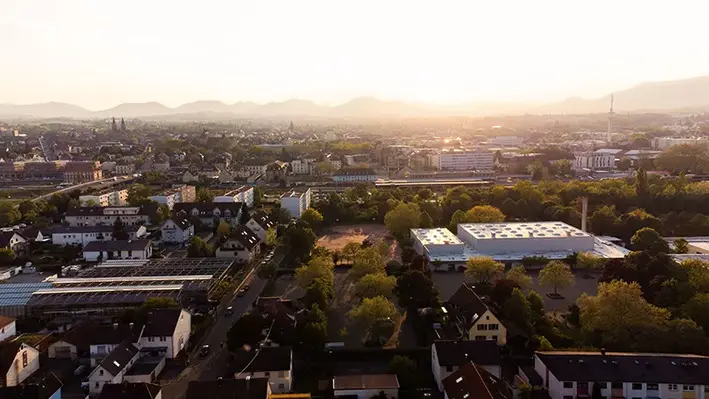 Vulcan Energy has received the construction permit for its upstream Lithium Extraction Plant (LEP), a key component of the company’s Phase One Lionheart Project in Landau, Germany.
Vulcan Energy has received the construction permit for its upstream Lithium Extraction Plant (LEP), a key component of the company’s Phase One Lionheart Project in Landau, Germany.
With this approval, Vulcan now holds all major permits required to begin construction on the project, which forms a crucial part of its integrated geothermal and lithium production operations.
Once operational, the Lionheart Project will have the capacity to generate 275 GWh of power, 560 GWh of heat, and produce 24,000 tonnes of lithium hydroxide annually, enough to supply batteries for approximately 500,000 electric vehicles each year.
The LEP will be constructed next to the 30 MW geothermal power plant as part of the Geothermal and Lithium Extraction Plant (G-LEP). Building permits for the geothermal facility and its associated electrical substation were secured in June 2025, followed by land acquisition approval from the City of Landau in September 2025.
As part of the integrated G-LEP system, Vulcan will install intermediate heat exchangers at each well site to transfer heat efficiently from geothermal brine into a closed-loop industrial water cycle. This heated industrial water will then be sent via pipelines to the district heating facility and Organic Rankine Cycle plants. After use, the cooled water will be recirculated back to the heat exchangers for reheating, ensuring continuous and efficient energy use.
Meanwhile, the cooled lithium-rich brine will be directed from the heat exchangers to the LEP for extraction using Vulcan’s proprietary VULSORB adsorbent technology. Following extraction, the lithium-depleted brine will be reinjected into the geothermal reservoir, completing a sustainable and carbon neutral cycle. The process uses no fossil fuels in producing lithium, underscoring Vulcan’s commitment to zero emission operations.
From the LEP, a lithium chloride solution will be transported to the company’s downstream Central Lithium Plant (CLP) at Industrial Park Höchst in Frankfurt, where final conversion into lithium hydroxide will take place. The CLP received its building permit in September 2025, marking the completion of all major construction approvals for Vulcan’s Phase One development.
The modular design of the G-LEP will allow phased expansion across the Upper Rhine Valley Brine Field in future stages. Additionally, the LEP permit forms a critical component of the company’s Phase One financing strategy, which Vulcan aims to finalise during Q4 2025.
Vulcan Energy’s integrated approach, combining renewable geothermal energy with lithium extraction, continues to position the company as a pioneer in sustainable battery materials and clean energy production in Europe.
